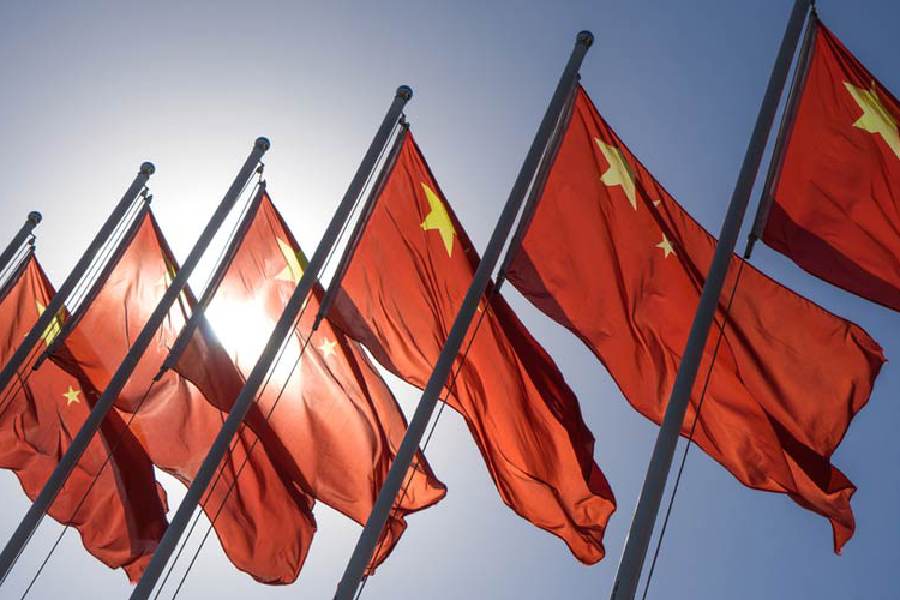India's foreign ministry said on Friday it hoped Beijing would allow Indian journalists to continue to work in China, and said that New Delhi allows all foreign journalists to operate in India.
The Indian statement came two days after China said it had taken "appropriate" action in response to India's treatment of Chinese journalists.
India and China, whose relations have nosedived since a deadly military clash on their Himalayan border in 2020, have been involved in a row over visas for each other's journalists.
It began in April after two Indian journalists posted in Beijing were barred from returning to their jobs in the Chinese capital from India.
China had at that time said the action was a "corresponding counter measure" to India's treatment of Chinese journalists.
The friction resurfaced this week after Beijing refused to renew the visa of one of the two remaining Indian journalists in China.
Beijing said this was in response to India this month declining to renew the visas of the last two Chinese state media journalists in India.
"All foreign journalists, including Chinese journalists, have been pursuing journalistic activities in India without any limitations or difficulties in reporting or doing media coverage," Indian foreign ministry spokesperson Arindam Bagchi said.
At the same time, he said, there should be no deviations from "normal journalistic behaviour and activities, or from the provisions governing Journalist visas".
"Meanwhile, Indian journalists in China have been operating with certain difficulties, such as not being permitted to hire locals as correspondents or journalists," Bagchi said.
They also faced restrictions while getting access and travelling locally, Bagchi said.
"We hope that Chinese authorities facilitate the continued presence of Indian journalists working and reporting from China," he said.
While military tensions between the neighbours have eased since the May 2020 violence in which 24 soldiers were killed, diplomatic ties remain strained.
Indian Prime Minister Narendra Modi last month said peace on the border was essential for normal relations with China and their ties can only be based on mutual respect, sensitivity and interest.











